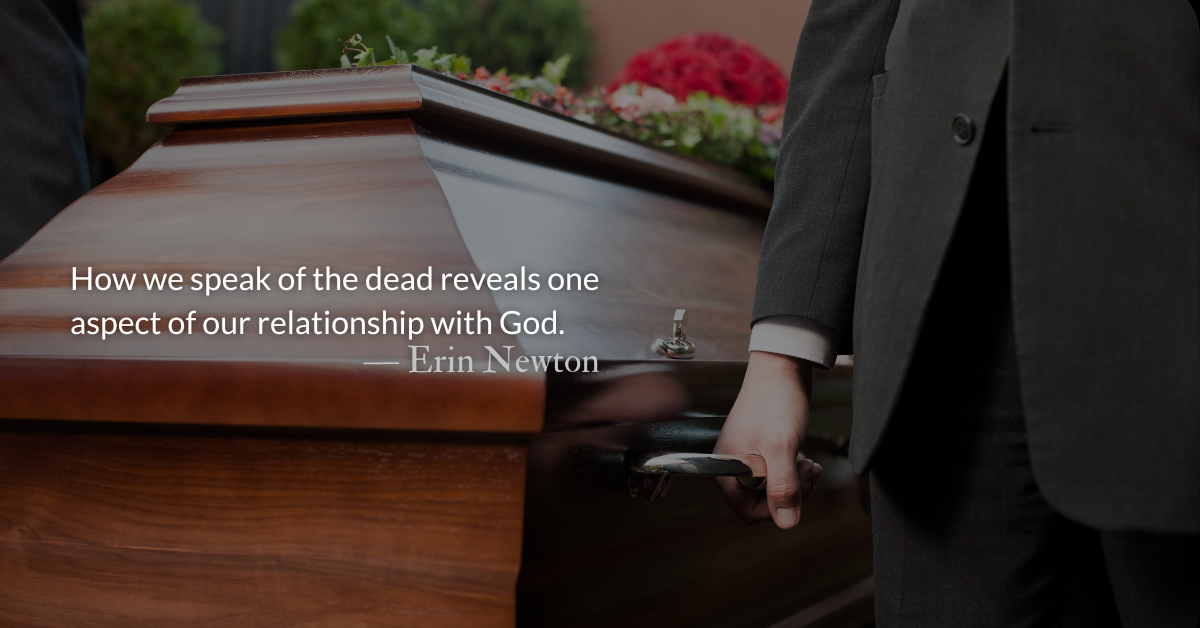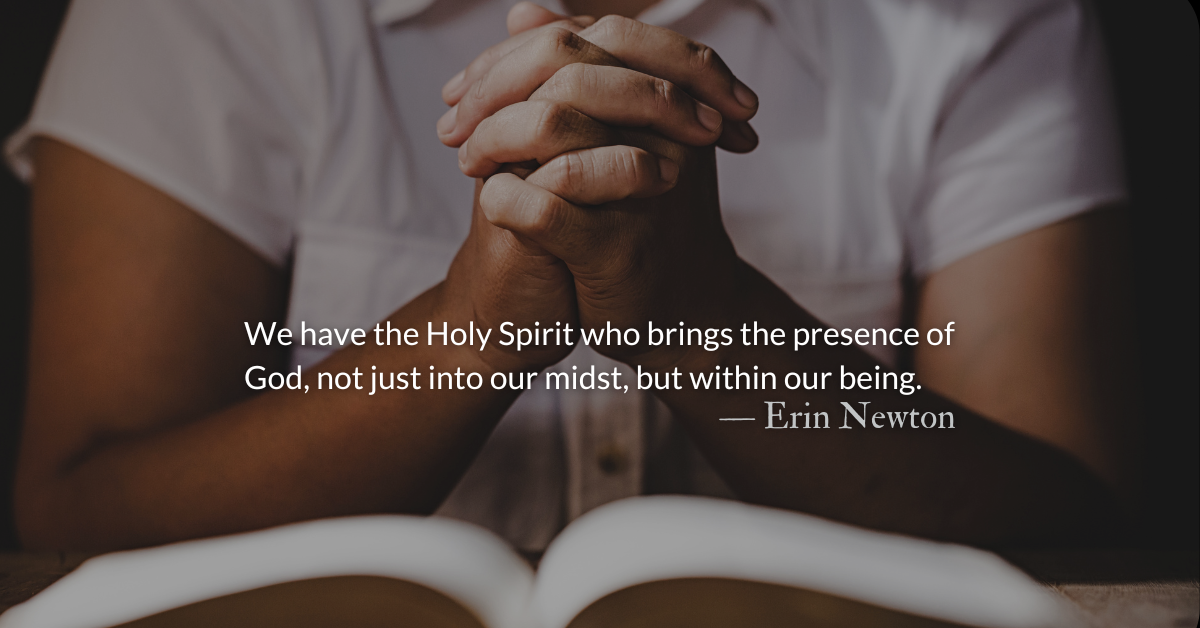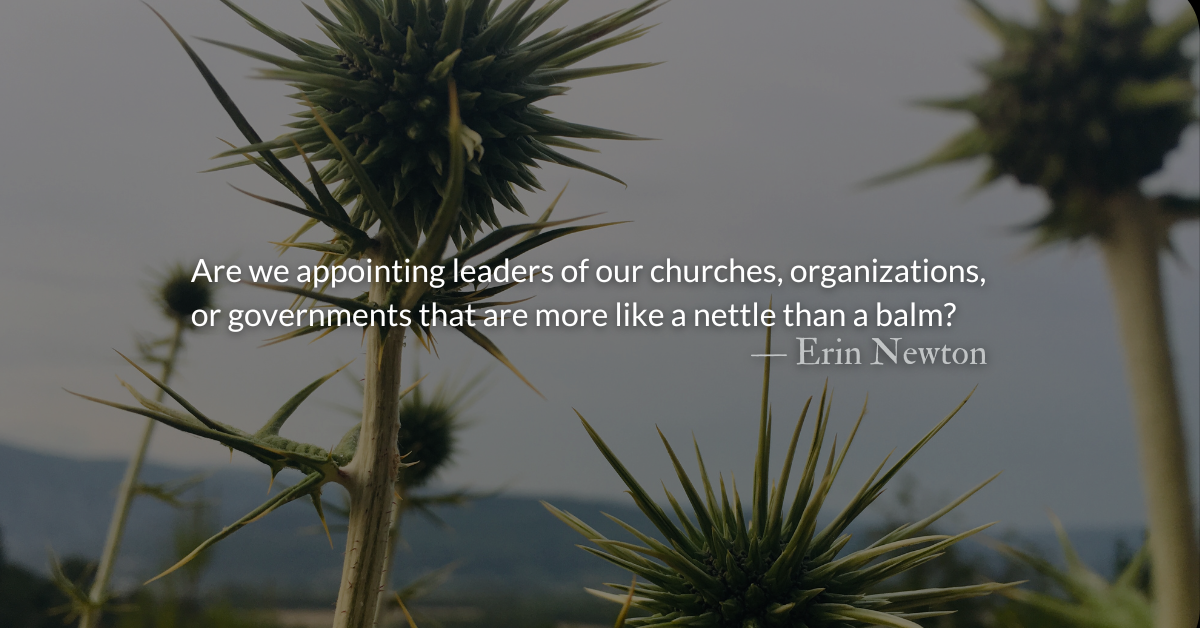Scripture Focus: 2 Samuel 9.3, 8
3 The king asked, “Is there no one still alive from the house of Saul to whom I can show God’s kindness?”
Ziba answered the king, “There is still a son of Jonathan; he is lame in both feet.”
8 Mephibosheth bowed down and said, “What is your servant, that you should notice a dead dog like me?”
Reflection: True Oaths to Keep
By Erin Newton
Last week we explored the dynamics of David’s eulogy for Saul. David’s relationship with God motivated any kindness extended to Saul’s memory. David’s allegiance was not bound to political authority. He sought to honor God above and beyond the actions of the king.
After all his national conquests, David’s heart was turned toward kindness again. The motivation was “for Jonathan’s sake.” David had made an oath to Jonathan that his lineage would not be cut off (1 Samuel 20.13-17, 42).
The type of person who can dwell with the Lord knows the price of keeping an oath. “The one whose walk is blameless…who keeps an oath even when it hurts, and does not change their mind” (Psalm 15.2,4).
Jonathan was dead. If David changed his mind, he would not have Jonathan nearby to rebuke him or urge him to fulfill his duty. However, David’s relationship with God guided him to be like the blameless person the psalm described.
Fulfilling David’s promise meant seeking out someone to bestow favor. The answer to the oath was not knocking on his door. It was not waiting for him. Keeping his promise meant acting, not just reacting.
Fulfilling David’s promise meant giving up his possessions. The text tells us that all the land once owned by Saul would be restored to Mephibosheth and he would always eat at David’s table. Even with resources and financial security restored, Mephibosheth would partake of David’s resources at every meal. David gave what was owed and then gave of his own.
…keeps an oath even when it hurts…
In many ways, this oath could have been painful for David. He restores a relationship with the descendant of Saul, although for the sake of Jonathan whom he loved. There is an element of humility in which the opposing families are reconciled by the willingness of David to show kindness.
The oath was financially painful in some ways. David could have given only what was easily afforded or could have been used in a way that continued to benefit him. The gift secured Mephibosheth’s finances and physical needs indefinitely.
When we hand our lives to Christ, we trade our nature for his. Jesus, who gave all he had to others—food, health, time, space, reputation, pride, power, life—bids us to make an oath to love our neighbors. And to that oath we must keep our word, even when it hurts.
Divine Hours Prayer: A Reading
Jesus taught us, saying: “In truth I tell you, there is no one who has left house, brothers, sisters, father, children or land for my sake and for the sake of the gospel who will not receive a hundred times as much, houses, brothers, sisters, mothers, children and land—and persecutions too—now in this present time and, in the world to come, eternal life. Many who are first will be last, and the last, first. — Mark 10.29-31
– From The Divine Hours: Prayers for Summertime by Phyllis Tickle.
Today’s Readings
2 Samuel 8-9 (Listen 4:51)
Revelation 17 (Listen 3:19)
Read more about Not So Random Acts of Kindness
Eating at the king’s table, Mephibosheth was treated as an equal to David’s sons.
Read more about Loving God by Loving Others — Guided Prayer
In all these things, may we bring glory to God by loving others.
May we love you, Lord, by loving others.






